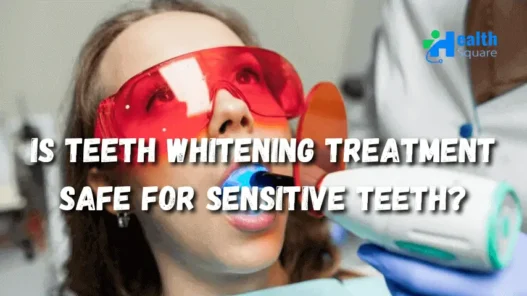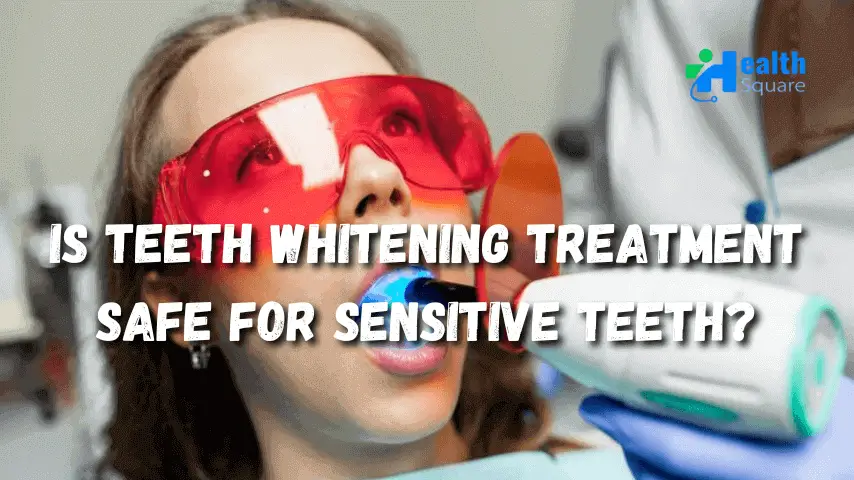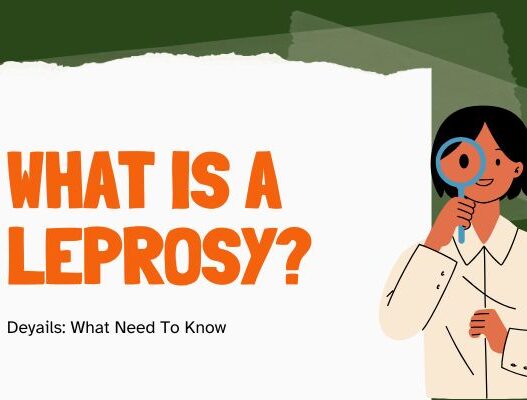A bright, confident smile can make all the difference, but if you have sensitive teeth, you may wonder if a teeth whitening treatment is safe for you. Sensitivity can turn the idea of whitening into a worrisome thought, but with advancements in dental care and proper techniques, achieving a brighter smile is possible without compromising comfort. Let’s explore the safety, options, and tips for whitening sensitive teeth.
Understanding Sensitivity and Teeth Whitening
Tooth sensitivity occurs when the enamel (the protective outer layer of the tooth) is worn down or when the gums recede, exposing the inner layer called dentin. Dentin contains tiny tubules that lead to the tooth’s nerve center, making it susceptible to external stimuli like hot, cold, or acidic foods and drinks.
Teeth whitening treatments typically use bleaching agents such as hydrogen peroxide or carbamide peroxide to remove stains and brighten the enamel. However, these agents can sometimes exacerbate sensitivity by penetrating the enamel and temporarily irritating the nerve endings.
Is Teeth Whitening Safe for Sensitive Teeth?
The short answer is yes—teeth whitening treatment is safe for sensitive teeth when performed correctly. The key lies in choosing the right method and following a tailored approach.
Professional vs. At-Home Whitening: What’s Best for Sensitive Teeth?
-
Professional Teeth Whitening:
-
-
- When performed by a dentist, professional whitening treatments are highly controlled, ensuring safety for sensitive teeth.
- Dentists use customized trays and specific formulations to minimize discomfort while achieving optimal results.
- Some in-office treatments include desensitizing agents to reduce irritation during and after the procedure.
-
-
At-Home Whitening:
-
- Over-the-counter whitening kits and strips are convenient but may not be suitable for sensitive teeth.
- These products often use higher concentrations of bleaching agents without personalized guidance, increasing the risk of irritation.
- Dentists can provide take-home kits with custom-fitted trays and milder solutions for a safer alternative.
Tips for Whitening Sensitive Teeth Safely
-
Consult Your Dentist First:
Before starting any teeth whitening treatment, consult your dentist to evaluate your sensitivity level and determine the best approach for your needs.
-
Use Desensitizing Toothpaste:
A toothpaste designed for sensitive teeth can help strengthen enamel and reduce discomfort. For the best results, individuals should start using it a few weeks before undergoing a Teeth Whitening Treatment.
-
Choose Professional Whitening Over DIY:
Professional Teeth Whitening Treatment offers a tailored approach that minimizes sensitivity while ensuring effective results.
-
Opt for Lower Concentrations of Bleaching Agents:
Sensitive teeth benefit from milder solutions. A dentist can recommend or provide products with lower peroxide concentrations as part of a Teeth Whitening Treatment.
-
Shorten Whitening Sessions:
Reducing the duration of each session during a Teeth Whitening Treatment can minimize the risk of irritation while maintaining effective results.
-
Space Out Treatments:
Rather than scheduling intensive, back-to-back sessions, spreading out a Teeth Whitening Treatment over time allows the teeth to recover effectively.
-
Consider Alternatives:
Non-bleaching whitening products, such as toothpaste with polishing agents, can enhance tooth color without causing sensitivity, making them a gentle alternative for Teeth Whitening Treatment.
Common Concerns About Teeth Whitening and Sensitivity
1. Will Whitening Damage My Teeth?
When performed under the guidance of a professional, teeth whitening treatment does not damage your teeth. However, overuse of whitening products, particularly those purchased over the counter, can erode enamel and increase sensitivity.
2. How Long Does Sensitivity Last After Whitening?
Post-whitening sensitivity is typically temporary and subsides within a few days. To manage discomfort after a Teeth Whitening Treatment, using a desensitizing toothpaste and avoiding extreme temperatures is recommended.
3. Can I Avoid Sensitivity Altogether?
While sensitivity cannot always be completely avoided, Professional Teeth Whitening Treatment and proper precautions can significantly reduce the risk. Discussing concerns with a dentist is the best way to ensure a comfortable and effective experience.
Conclusion
Teeth whitening treatment can be safe and effective for individuals with sensitive teeth, provided it’s done correctly. With the right approach, you can achieve a brighter smile without compromising your comfort.
If you’re considering whitening your teeth, reach out to Health Square in Jaipur for personalized guidance and expert care. Let’s work together to brighten your smile while keeping sensitivity in check.
At Health Square, a dental clinic cum pharmacy in Jaipur, India, we specialize in providing safe and effective teeth whitening treatments tailored to each patient’s unique needs.
Whether you have mild or severe tooth sensitivity, our experienced team ensures a comfortable and stress-free experience, helping you achieve the radiant smile you deserve.
FAQs
Q1: Can sensitive teeth be whitened effectively?
A: Yes, with professional guidance and appropriate techniques, sensitive teeth can be whitened safely and effectively.
Q2: Are over-the-counter whitening strips safe for sensitive teeth?
A: Whitening strips can increase sensitivity, especially if they contain high concentrations of bleaching agents. Consult your dentist for safer alternatives.
Q3: How often can I whiten sensitive teeth?
A: Whitening sensitive teeth should be spaced out based on your dentist’s recommendations, typically every 6-12 months.
Q4: What can I do to reduce sensitivity after whitening?
A: Use a desensitizing toothpaste, avoid hot and cold foods, and follow any aftercare instructions provided by your dentist.
Q5: Is professional whitening worth the cost for sensitive teeth?
A: Absolutely. Professional Treatments are safer, more effective, and tailored to minimize discomfort, making them a worthwhile investment for sensitive teeth.











